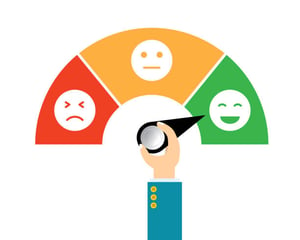Reading time: 3 minutes
 In the last entry, we discussed how modern workforce analytics, such as WorkforceOptimizer, impacted today's business leaders and decision-makers in their HR policies and action plans to manage their staff turnover rate. In today's post, we are going to look at the advantages and benefits of workforce analytics, and how it can help HR practitioners making better and informed decisions.
In the last entry, we discussed how modern workforce analytics, such as WorkforceOptimizer, impacted today's business leaders and decision-makers in their HR policies and action plans to manage their staff turnover rate. In today's post, we are going to look at the advantages and benefits of workforce analytics, and how it can help HR practitioners making better and informed decisions.
Benefits of Workforce Analytics
Workforce analytics can help companies develop and improve staff recruitment methods, make better hiring decisions and keep the best workers with the company. In addition, the benefits of workforce analytics include:
- Identify departmental and staff gaps
- Mix and match: Married capable staff with the correct skill sets to the correct department and jobs
- Determine scopes of work and reduce redundancy for departments and staff
- Identify risks and possible workplace hazards to certain departments and staff
- Predict and identify factors which affect staff productivity
- Recommend staff engagement programs and increase job satisfaction
- Analyze current and future staffing needs, including total head counts to per department, per function
- Optimize the company's resources
- Encourage leadership development within the organization / company

Types of Workforce Analytics Tools
Large enterprise technology vendors tend to place their workforce analytics products within its ERP systems or Human Capital Management suites. Other vendors offer stand-alone workforce analytics tools. The offerings can be on premises and in the cloud.
Regardless of the product, most of the models and algorithms behind workforce analysis tools offer the following features:
- Automate the collection of data from multiple sources and verify the quality of the data
- Use standard workforce metrics to explain data
- Present information in appealing formats, such as dashboards and personalized reports
In the next post, we will explore the current trends of workforce analytics.



